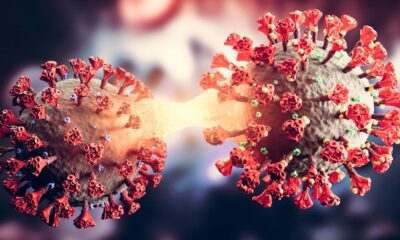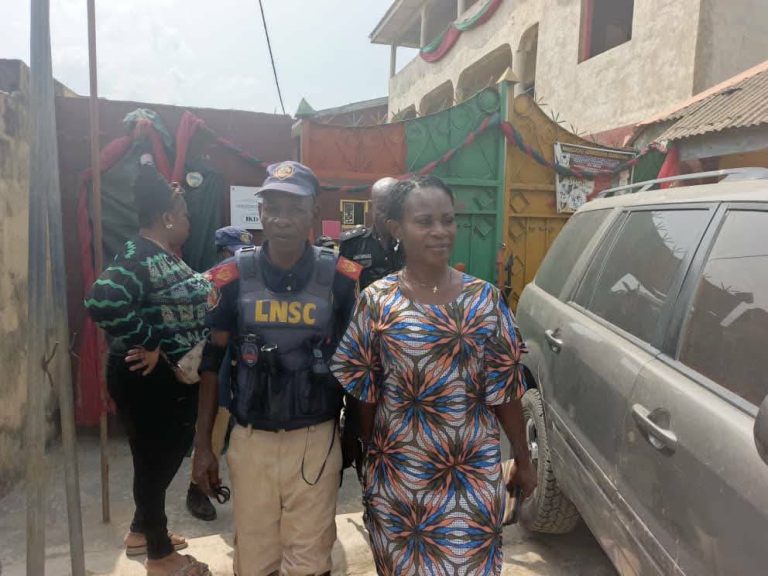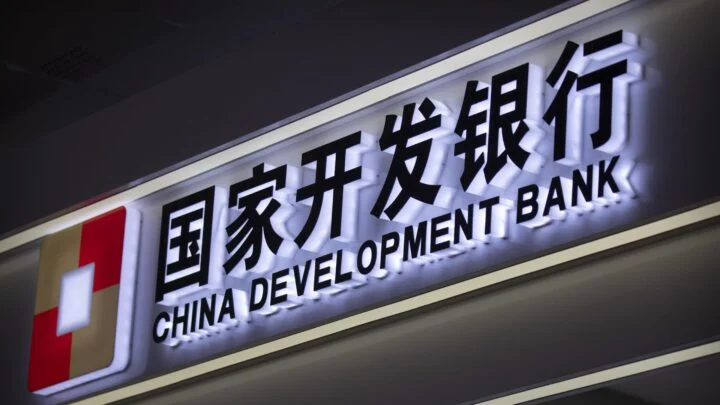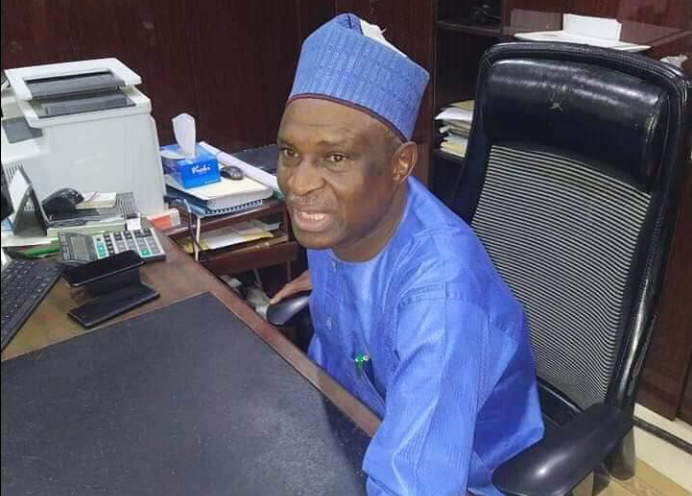The National Assembly will on Tuesday resume plenary session after about five weeks break as a result of the COVID-19 pandemic.
The Senate and the House of Representatives had in March suspended plenary for two weeks in a bid to prevent the spread of coronavirus disease.
Both later extended their break in conformity with the lockdown of the Federal Capital Territory (FCT), Lagos and Ogun States directed by President Muhammadu Buhari on March 29.
The Clerk of Senate, Mr. Nelson Ayewoh and his counterpart in the House of Representatives, Patrick Giwa, confirmed the development in separate statements.
Ayewoh in his statement titled: “Resumption of Plenary Session” said Senators are expected to sit in plenary by 10 am prompt on Tuesday.
He added that staff and Senators’ aides are to stay at home but can only be allowed into the chambers when officially requested to do so.
Ayewoh said: “This is to inform Distinguished Senators of the Federal Republic of Nigeria that the Senate will resume in plenary on Tuesday, 28 April 2020.
“Distinguished Senators are to with this notice expected to sit in Plenary, on Tuesday 28th April 2020, at 10 am prompt.
“Staff and Senators’ aides are to work from home and they will be notified when needed in the office for any special assignment.”
On his part, Giwa said: “This is to inform all Members of the House of Representatives that the House will now resume Plenary Session on Tuesday, April 28, 2020, at 10.00 am.
“Members are advised to take note of the new date of resumption, please.
“The Covid-19 Guidelines approved by the Federal Government and Nigerian Centre for Disease Control (NCDC) and additional Guidelines developed by the House will be sent to Members’ pigeon holes for collection on resumption.
“Staff and members’ Aides are to work from home and be notified when needed in the office for any special assignment.”
It is not clear the number of days the two chambers will sit.
Sources at the National Assembly say the resumption of plenary was meant to enable the lawmakers to consider and approve urgent national issues that may affect governmental affairs adversely if left undone.
The Nation learnt that the lawmakers on resumption will consider President Muhammadu Buhari’s request for the downward review of the N10.594 trillion 2020 budget in view of the precipitous fall in the price of crude oil at the international market.
Apart from the revised 2020 budget, the lawmakers will also consider Buhari’s proposed ₦500 billion fiscal stimulus package for several interventions with funding drawn from various special funds and accounts.
The President had during his April 13 National broadcast said that the proposed ₦500 billion fiscal stimulus package will be utilised for the upgrade of healthcare facilities in states and creation of a Special Public Works Programme, among others.
Buhari said that the Federal Government would create 774,000 public works employees in the 36 States of the Federation and the FCT to cushion the economic hardship occasioned by COVID-19 pandemic.
Another source said that only a few essential staff – like Secretaries on table duties and Sergeants-At-Arms – and a few reporters from pre-selected print and electronic media houses will be allowed to cover the plenary on Tuesday.

 BIG STORY3 days ago
BIG STORY3 days ago
 BIG STORY3 days ago
BIG STORY3 days ago
 BIG STORY3 hours ago
BIG STORY3 hours ago
 BIG STORY3 days ago
BIG STORY3 days ago
 BIG STORY1 day ago
BIG STORY1 day ago
 BIG STORY2 days ago
BIG STORY2 days ago
 BIG STORY3 days ago
BIG STORY3 days ago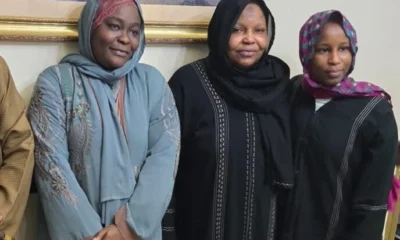
 BIG STORY3 days ago
BIG STORY3 days ago







